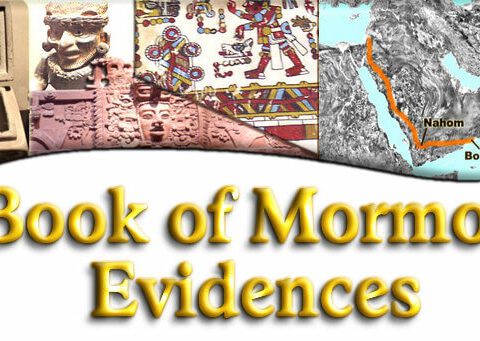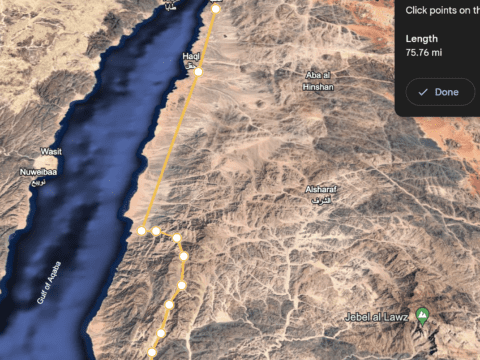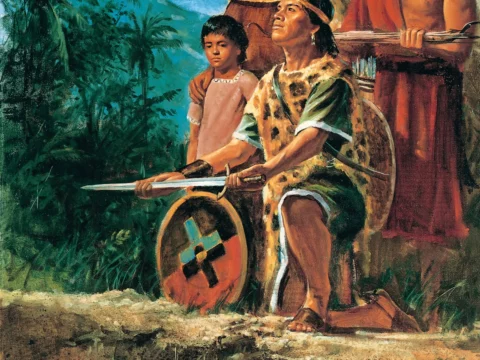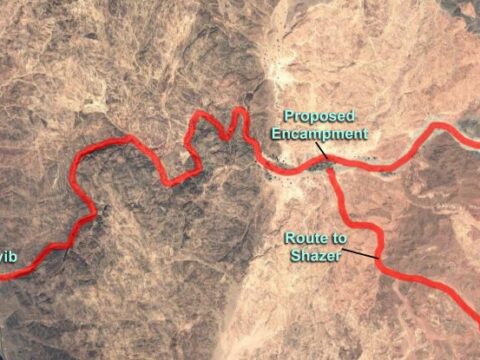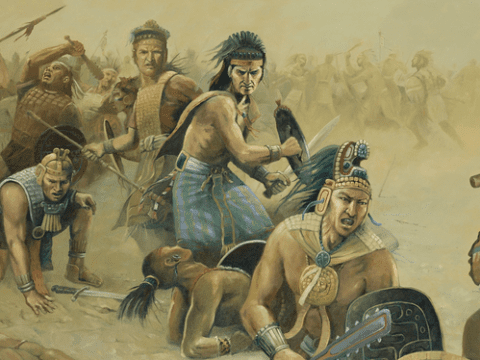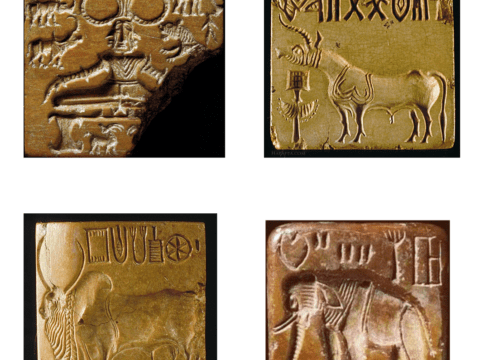Category: Book of Mormon
David French of the New York Times Speaking at BYU on Sept. 24: Some Thoughts and Questions for Students and Faculty
Update, Sept. 25 & 26, 2026: David French’s speech at the the BYU Forum on Sept. 24 was refreshingly non-political. It was rather short and light but very upbeat, with…
I’ve Stepped Down from My Executive Editor Role with Interpreter: A Journal of Latter-day Saint Faith and Scholarship, but Remain a Fan
I hope to write more frequently here, now that I’ve made a big change in my life. Over four years ago, shortly after returning to the United States from my…
Speaking at the Independence, Missouri Stake Center on Thursday Afternoon, the Fourth of July
On Thursday, the Fourth of July, I’ll be attending a luncheon at the Independence, Missouri Stake Center of The Church of Jesus Christ of Latter-day Saints offered by the Hill…
Thoughts from a Sunday School Lesson on Enos and the Words of Mormon
During our recent Sunday school lesson on Enos and the Words of Mormon, I had the chance to point out a couple of apparent problems in the text that…
Further Thoughts on Nephi’s Three-Day Journey: Going the Distance with Google Earth
My recent post on Nephi’s three-day journey, the leg of Lehi’s Trail that reaches the River Laman in the Valley of Lemuel, discussed the significance of Exodus themes in Nephi’s…
The Glue of Forgiveness and the Anti-Nephi-Lehies (the People of Ammon)
As I ponder the many messages of Christmas, one in particular comes from a dramatic story in the Book of Mormon about a large group of Lamanites, the “Anti-Nephi-Lehies” or…
Nephi’s Three-day Journey into the Wilderness: The Natural vs. the Naturalistic Reading
Of the many interesting details in Nephi’s description of his journey through the Arabian Peninsula, one of the first comes after his mention of reaching the “borders” of the Red…
The Rapid Fall of Nephite Society: Another Book of Mormon Weakness Begins to Make More Sense
As I saw troubling reports and videos this week of students at the once-great Harvard University and other major universities harassing Jewish students for being Jewish or chanting in…
Saved by Grace “After All We Can Do”? Nephi’s Context of Reconciliation
2 Nephi 25:23 has the statement, “for we know that it is by grace that we are saved, after all we can do.” Does this mean that salvation is a chore in which we do much of the work, or a transaction in which we pay as much of the price as we can, and Christ only steps in after all we have done or paid to make up the difference? Or does this actually mean that salvation is completely “apart from” if not unrelated to all that we can do? Or something else? I think a plausible answer comes through considering the context.
Exciting News on an Apparent Breakthrough in Deciphering the Indus Valley Script: A Great Way to Turn the Hearts of the Children to Their Ancestors
The closing words of the Old Testament are a prophecy about the Lord sending Elijah, who “shall turn the heart of the fathers to the children, and the heart of…



